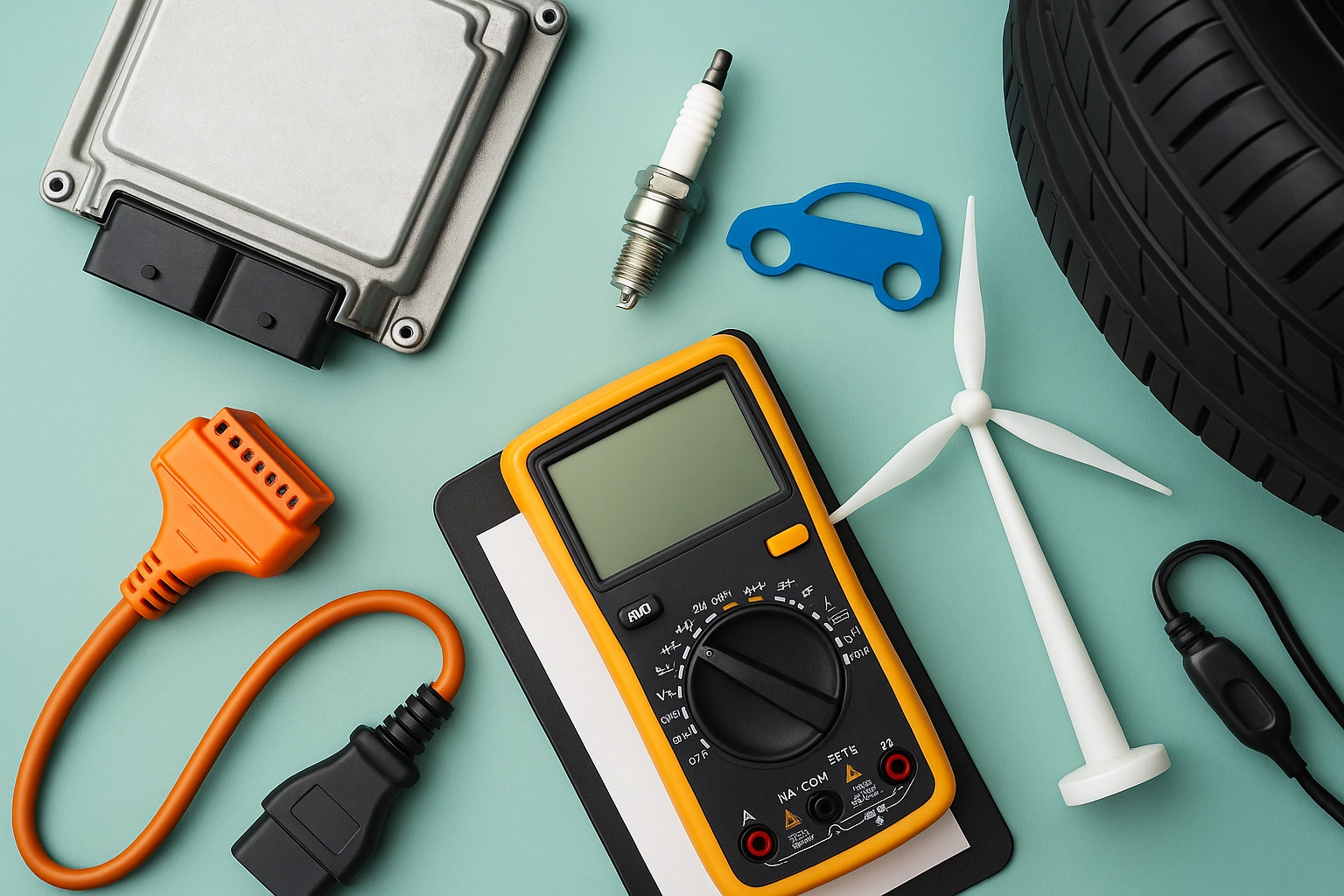ASTM E2929 Lithium Ion Battery Thermal Stability Test
The ASTM E2929 standard defines a thermal stability test that evaluates the behavior of lithium-ion batteries under extreme temperatures. This service is crucial for automotive manufacturers and researchers, ensuring the safety and reliability of electric hybrid vehicles (EHVs) in various environmental conditions.
The test focuses on assessing how lithium-ion batteries respond to elevated temperatures, which can occur during high ambient temperatures or internal heating due to operational stress. By understanding these responses, manufacturers can optimize battery designs for better performance and longer lifespans. This is especially important given the growing demand for electric vehicles (EVs) that require robust thermal management systems.
The ASTM E2929 test simulates real-world conditions where batteries might be exposed to high temperatures during storage or usage, which can lead to degradation, swelling, or even failure of the battery. The test helps identify potential hazards early in the development process and ensures compliance with international standards for EVs.
The procedure involves placing a lithium-ion battery under controlled temperature conditions over an extended period. During this time, various parameters are monitored, including voltage changes, internal resistance, and heat generation. The goal is to observe any signs of thermal runaway or other adverse reactions that could indicate instability.
Preparation for the ASTM E2929 test requires careful selection of batteries and accessories. The battery must be in good condition with no previous damage or defects. It should also be fully charged before testing begins. The apparatus used includes a controlled temperature chamber capable of maintaining precise temperature settings, data acquisition systems to monitor all relevant parameters, and safety equipment to prevent any risks during the test.
The ASTM E2929 standard specifies that batteries must be subjected to temperatures ranging from 45°C to 85°C for up to 7 days. During this period, the battery is continuously monitored to detect any changes in its performance characteristics. The data collected includes voltage readings at regular intervals, internal resistance measurements, and temperature profiles of both the battery and surrounding environment.
After completing the test cycle, the battery undergoes a series of post-test checks to evaluate its overall condition. These checks include visual inspections for signs of damage or leakage, electrical performance tests to ensure functionality, and structural integrity assessments using non-destructive testing methods if necessary.
The results from this ASTM E2929 thermal stability test provide valuable insights into the durability and safety aspects of lithium-ion batteries used in electric hybrid vehicles. Manufacturers can use these findings to refine their designs and improve battery performance while adhering to strict regulatory requirements.
| Industry Applications | Description |
|---|---|
| Battery Manufacturer Quality Assurance | Evaluating the stability of lithium-ion batteries during manufacturing processes. |
| Automotive OEMs for EV Development | Ensuring that battery systems meet stringent safety and performance criteria. |
| R&D Departments in Academic Institutions | Exploring new materials and technologies to enhance battery capabilities. |
| Government Regulatory Bodies | Setting benchmarks for battery safety standards globally. |
International Acceptance and Recognition
- The ASTM E2929 standard has been widely adopted by leading automotive companies around the world, including Toyota, BMW, and Tesla.
- This test is recognized in numerous international standards organizations such as ISO (International Organization for Standardization) and IEC (International Electrotechnical Commission).
The ASTM E2929 thermal stability test has gained significant traction among manufacturers due to its comprehensive approach towards evaluating the safety and reliability of lithium-ion batteries. Its acceptance by major players in the automotive industry underscores its importance in ensuring high-quality products.
Recognized globally, this testing protocol helps maintain consistent quality across different regions and contributes significantly to advancing battery technology within electric vehicles. Compliance with ASTM E2929 ensures that manufacturers adhere to best practices set forth by respected bodies like ISO and IEC.
Competitive Advantage and Market Impact
- Adherence to ASTM E2929 enhances brand reputation among consumers who prioritize safety in their vehicle choices.
- Successful completion of this test can lead to faster market entry for new EV models, thereby gaining a competitive edge over rivals.
In today’s highly competitive market, meeting or exceeding industry standards like ASTM E2929 can set a company apart from its competitors. By demonstrating commitment to safety and quality through rigorous testing procedures, manufacturers signal trustworthiness to potential customers.
Moreover, compliance with international regulations fosters confidence in the broader consumer base, encouraging purchases of electric vehicles that have undergone stringent quality checks. This not only boosts sales but also strengthens long-term relationships with loyal patrons who appreciate brands committed to excellence.





